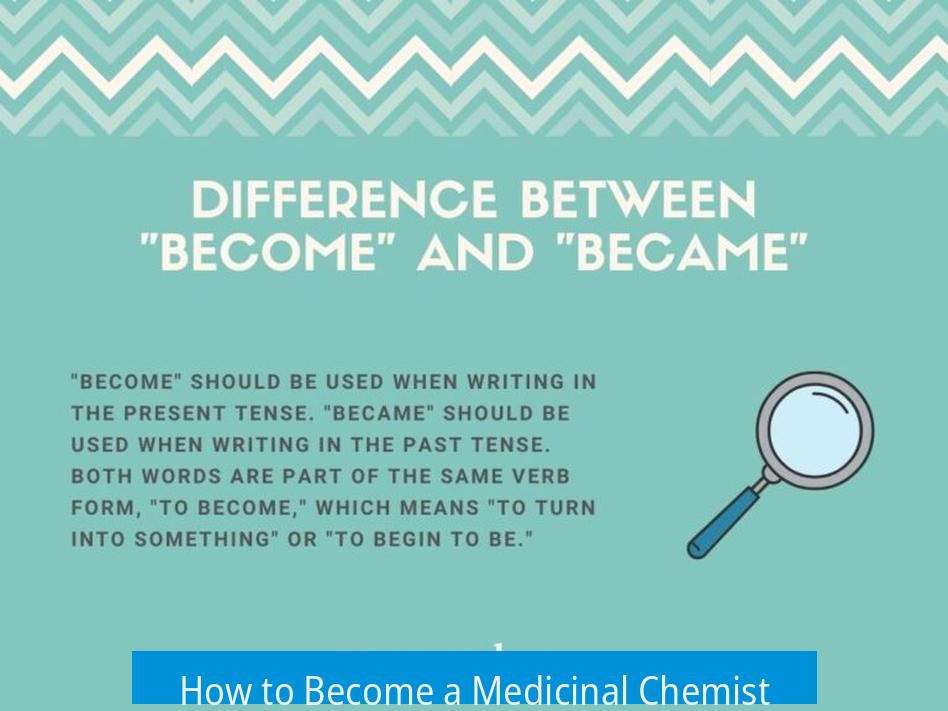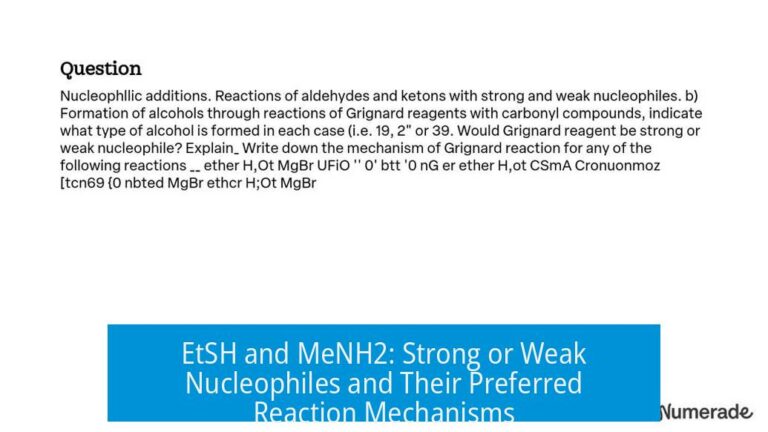How to Become a Medicinal Chemist

Becoming a medicinal chemist requires a solid foundation in chemistry and biology, hands-on research experience, and strategic career planning. The path demands focused education, practical skills, and awareness of evolving pharmaceutical trends.
1. Foundational Knowledge and Education
Medicinal chemistry combines organic chemistry, biochemistry, and pharmacology. A degree in chemistry is typical, with specialization in synthetic organic chemistry and biochemistry. Understanding how proteins and enzymes function chemically is essential for drug design and discovery.
- Focus on core subjects: organic chemistry, biochemistry, pharmacology.
- Consult academic advisors about coursework suited for drug discovery and healthcare applications.
- Take challenging courses in organic chemistry and biology to build a strong foundation.
- Consider graduate programs in chemical biology or medicinal chemistry for advanced study, emphasizing synthetic organic chemistry and natural product synthesis.
2. Research Skills and Practical Experience
Research is a cornerstone of becoming a medicinal chemist. Undergraduate research is crucial for admission into strong graduate programs. Skills in drug discovery, molecular biology, and handling laboratory instruments are needed.
- Engage in undergraduate research early, focusing on molecular biology and drug design.
- Develop proficiency with key lab instruments such as nuclear magnetic resonance (NMR) and mass spectrometry.
- Pursue internships at biotech or pharmaceutical companies to gain industry experience.
3. Career Path and Progression
Transitioning from academia to industry typically follows graduate studies. Roles include medicinal chemist or process chemist, working primarily with small molecules. However, the field is evolving to include biologics like antibodies and RNA-based drugs.
- Graduate to process chemistry or medicinal chemistry roles in the pharmaceutical industry.
- Stay informed about shifts toward large biomolecule therapeutics.
- Balance expertise in synthetic organic chemistry with knowledge of biological drug modalities.
Key Takeaways
- Build expertise in organic chemistry, biochemistry, and pharmacology.
- Engage in undergraduate and graduate research focused on drug discovery.
- Acquire skills in analytical instruments like NMR and mass spectrometry.
- Gain practical experience through internships in biotech and pharma sectors.
- Adapt to emerging trends, including biologics beyond small molecule drugs.





Leave a Comment